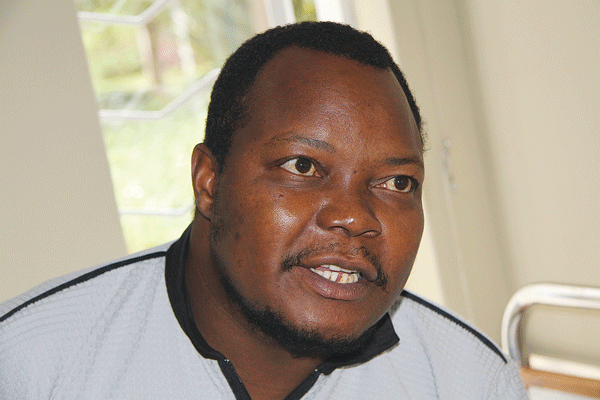
Crisis in Zimbabwe Coalition (CiZC) is concerned by the continued weaponisation of the judiciary by the State which continues to use judicial capture to persecute opposition and civil society activists.
The state, through judicial capture, has curtailed the right to liberty and this has resulted in opposition and civil society activists arrested on frivolous charges spending lengthy periods in detention with the courts denying them bail despite the lack of compelling reasons.
The Magistrate Courts have been the biggest disappointment and this has been proved by the fact that in most of the appeals for bail at the High Court by the incarcerated activists, the High court has proved that the lower courts are misdirecting themselves in the bail rulings.
As the Crisis Coalition, we are appalled by the apparent fact that the Magistrate Courts in Zimbabwe have been turned into a weapon to persecute dissenting voices in the country.
The lower courts have on numerous occasions frustrated bail applications by incarcerated activists and in the process, depriving them of their right to liberty.
In the case of incarcerated Zimbabwe National Students’ Union activist, Allan Moyo, the High Court in mid-January 2021 dismissed his bail application on the grounds that his court records from the Magistrates Courts were in shambles.
Moyo was arrested on December 7, 2020, on charges of inciting public violence, and on January 28, 2021, the High Court dismissed his bail application again on the basis that his appeal was defective.
Journalist Hopewell Chin’ono spent three weeks in detention after he was arrested on January 8 2021. He was charged with violating Section 31 (a) (iii) of the Criminal Law (Codification and Reform) Act “for communicating falsehoods prejudicial to the State” although this law was struck off by the Constitutional Court in 2014.
- Chamisa under fire over US$120K donation
- Mavhunga puts DeMbare into Chibuku quarterfinals
- Pension funds bet on Cabora Bassa oilfields
- Councils defy govt fire tender directive
Keep Reading
He was initially denied bail by the Magistrate Courts, but on January 27, 2021, the High Court ruled that the lower court had misdirected itself in refusing him bail and ordered his release.
MDC Alliance vice-chairperson Job Sikhala remains detained in remand prison following his arrest on January 9, 2021. Sikhala is facing the same charges as Chin’ono.
The Magistrate Courts turned down a bail application by Sikhala on the basis that if released, he was likely to commit a similar offence.
The High Court is, however, on record saying that the Magistrate Courts had not indicated the offence which Sikhala was likely to commit if released but had just generalised the issue and on top of that, had not yet proved if Sikhala had indeed committed the offence.
The High Court has postponed Sikhala’s bail ruling to February 1, 2021.
How cases of detained activists are being handled is different from those of government and ruling party officials who have been implicated in corruption scandals involving millions of dollars.
The most notable case is that of former Health minister Obadiah Moyo who was arrested following a corruption scandal involving a $60 million on June 19, 2020, and was granted bail the following day. Moyo was later relieved of his duties by President Emmerson Mnangagwa.
Several high-ranking officials involved in corruption scandals continue to walk scot-free while activists detained on flimsy charges have had to endure lengthy periods in detention.
Selective application of the law is indeed a cause for concern in Zimbabwe.
The Coalition implores the courts to respect and uphold citizens’ fundamental right not to be deprived of their liberty arbitrarily or without just cause as enshrined under Section 49 of the Constitution.
In most of the cases involving the arrest of activists, the High Court has ruled that there are no compelling reasons to deny the activists bail and we implore the Magistrate Courts to uphold Section 50 (1) (d) of the Constitution which prescribes that any person who is arrested “must be released unconditionally or on reasonable conditions, pending charge or trial, unless compelling reasons are justifying their continued detention”.
In light of the continued persecution by the prosecution of pro-democracy activists, the Crisis in Zimbabwe Coalition will be mobilising civic society to petition against the continued capture of the judiciary in Zimbabwe.
Crisis Coalition Zimbabwe










